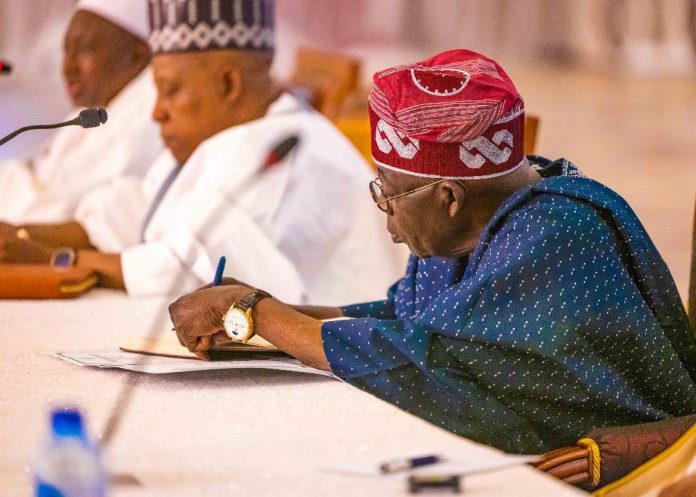President Bola Tinubu has signed the Electricity Act 2023 into law according to sources within the presidential villa.
The primary aim of the bill is to create a comprehensive legal and institutional framework to guide the Nigerian Electricity Supply Industry (NESI).
The new law replaces the Electricity and Power Sector Reform Act of 2005 and removes the monopoly in the generation, transmission, and distribution of electricity at the National level, to empower States, companies and individuals to generate, transmit and distribute electricity.
News360 Info understands the bill was initially passed by the National Assembly in July 2022.
Under the newly signed act, state governments can now issue licenses to private investors who can operate mini-grids and power plants within the state. However, the Act precludes interstate and transnational electricity distribution.
Also, under the Act, electricity generating companies will be mandated to either generate power from renewable energy sources, purchase power generated from renewable energy or procure any instrument representing renewable energy generation.
The Electricity Act also mandates the imposition of renewable purchase obligations on distribution or supply licensees.
Furthermore, the Act also states that anyone may construct, own or operate an undertaking for generating electricity not exceeding 1 megawatt (MW) in aggregate at a site or an undertaking for the distribution of electricity with a capacity not exceeding 100 kilowatts (KW) in aggregate at a site, or such other capacity as NERC may determine from time to time, without a license.
How NERC Is Affected Based on the Electricity Act 2023, the Nigerian Electricity Regulatory Commission (NERC) will be able to regulate the electricity sector within Nigeria without prejudice to the powers of the states to make laws and create electricity markets within those states and to regulate those markets.
The Act mandates how NERC can transition regulatory responsibilities from itself to state regulators when they are established. Until a state has passed its electricity market laws, NERC will continue to regulate electricity business exclusively carried out in those states.
For now, Lagos, Edo, and Kaduna states already have electricity market laws and can start regulating their market. But for other states without such laws, NERC will regulate. NERC will still carry out cross-border regulations – generation, and transmission across states will still be regulated by NERC.
This is believed to be the second bill President Tinubu is signing into law as on Thursday, he signed the bill on uniform retirement age for judicial officers into law, two weeks after his assumption of office.






